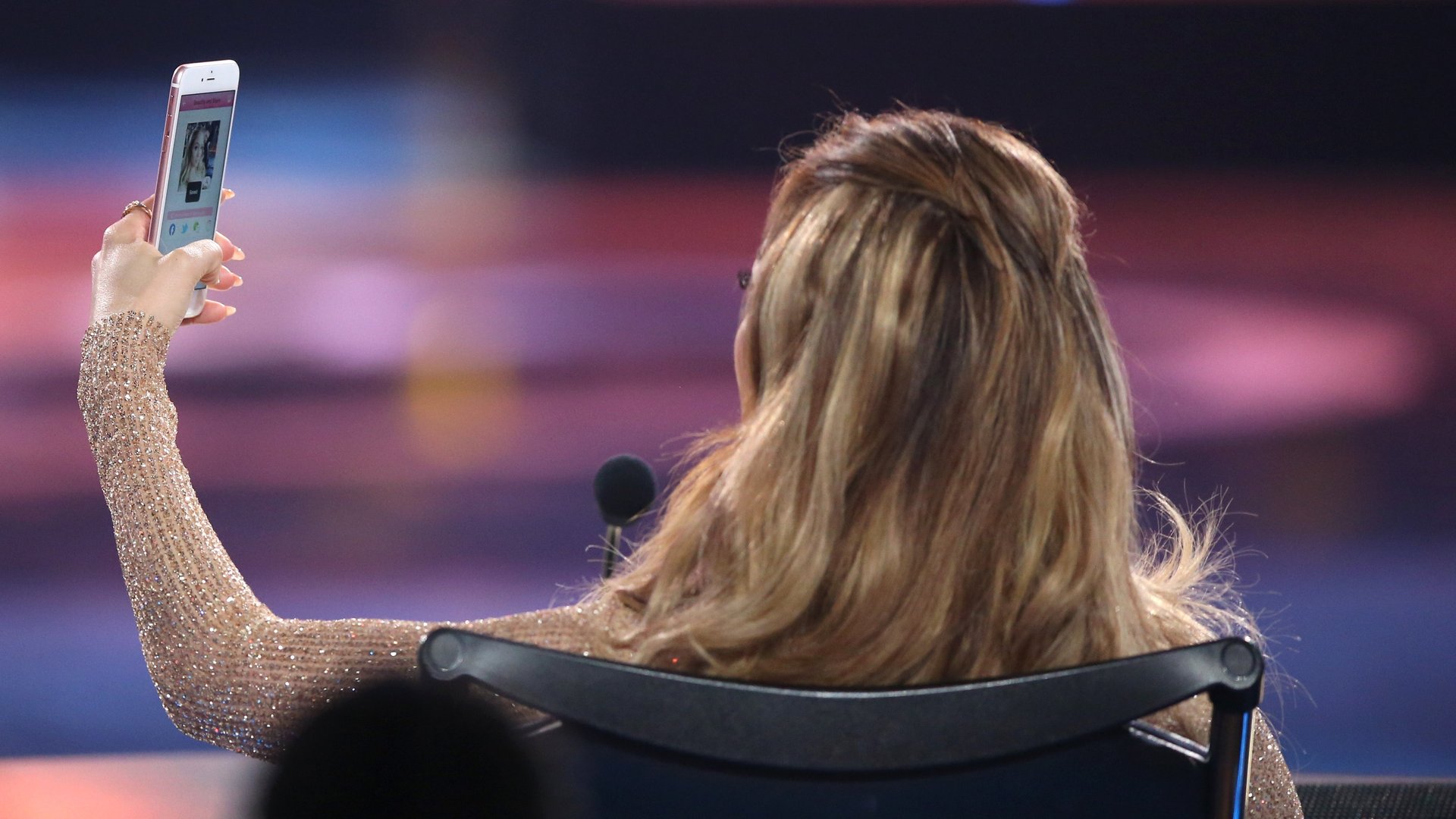For more and more Americans, a smartphone is the only internet connection they need
The majority of the US population has given up on the landline phone—how long will it be before the same happens to home internet?


The majority of the US population has given up on the landline phone—how long will it be before the same happens to home internet?
A new Pew Research Center study released today (June 13) suggests that Americans are increasingly relying on the smartphone to connect with the internet, with 17% naming it as the only device they use to get online.
Smartphone ownership has skyrocketed over the last decade. According to Pew, 81% of Americans now have one, compared with about 35% in 2011. The mobile web has reshaped how Americans interact with one another, watch TV, listen to music, get the news, find houses, order taxis, order food, and do just about everything else in their daily lives.
Across all age groups, 37% of respondents in the Pew survey said they mostly go online from their smartphone, up from about 19% in 2013. That number leaps to 58% for respondents aged 18-29, up from 41% in 2013.
Smartphones are getting more powerful each year, with larger, sharper screens, more memory and storage, and faster processors. Coupled with service providers increasingly offering unlimited data plans and the faster networks on the horizon, it becomes clear why so many are choosing to rely on smartphones for internet.
Penetration rates for US mobile and fixed internet are among some of the highest in the world. Now, it seems more and more Americans are beginning to justify the high cost of a mobile connection over one that just sits at home unused when you’re not there. Pew states that 45% of respondents who didn’t have a broadband connection at home say it’s because their smartphone lets them do everything they need to do.
Demographics account from some wide variances, Pew found. Smartphone ownership is lowest among respondents over 65, rural residents, and those without college experience. Just 56% of respondents who had a high-school degree or less had home broadband, whereas 71% of that group said they had a smartphone. The largest groups to rely solely on smartphone internet access are those earning less than $30,000 per year or who had a high-school education or less.